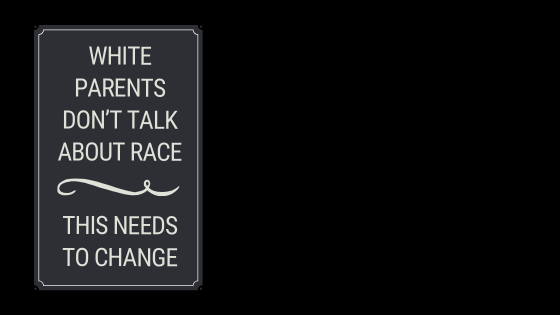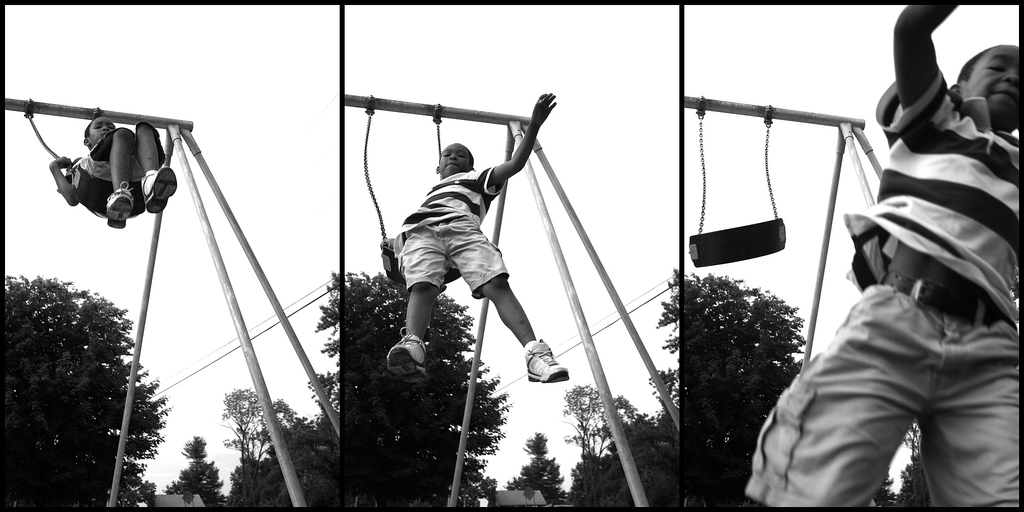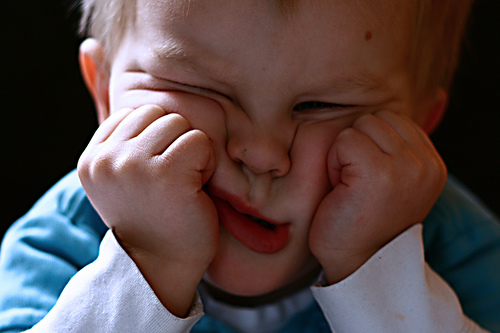I feel shaken and shattered.
I want to talk to you, but I feel scared and uncertain writing you this message.
The truth is, I don’t know if I’m qualified. Another message from a white person? Really?
How could I possibly understand–really understand–what’s going on, let alone have anything to add to the conversation?
But then I think about the alternative…Staying silent? Not even trying? That’s not the example I want to set for my children.
And that’s not how I want to show up for you in our Happily Family community. So, this is me, stumbling forward, as a white mother, talking to you about how George Floyd’s death changed me.
I consider myself progressive, educated, liberal, and openminded. I am compassionate, I care deeply about people, families, and children.
I am also white.
And I continue to discover that I have biases, judgments, and I’ve unintentionally done and said things in the past that were not racially sensitive. I’m working on that.
I didn’t have a fancy childhood, but I understood that I had things other kids didn’t. I learned about “white privilege” a few years ago and it too changed me.
I’m embarrassed that it took the Black Lives Matter protests of the past few weeks to realize how important the topic of race is, in parenting and in our community.
I need to do more. Happily Family needs to do more.
If you’ve read our emails or attended a Happily Family conference you’ve heard us say that it’s important to talk to kids about sexuality, media, gender, emotions, friendship, etc. through their lifetime… we must do the same with race.
But research says that most white parents don’t talk about race.
I was raised to believe it was rude to talk about race. Now I believe the opposite. Talking about race can be respectful, welcomed, healing, and connecting.
I now understand that when we, white parents, fail to talk about race, implicit racial bias, and social justice, it hurts kids and families.
Why?
Because bias starts early… Babies and toddlers notice differences in hair and skin color and may show a preference for people who look like them. Explicit conversations about skin color, eye color, hair color can help kids make sense of their world and have understanding and compassion for others.
We don’t need to wait for our kids to ask questions, we can initiate these conversations.
I don’t totally know how to have these conversations, but I am educating myself and finding people who have expertise in this area. (And if you know someone or a resource to recommend I’d love to hear from you.)
Because as parents, if we don’t talk about something to our kids, it might look like it’s not important. Our kids are watching us. We are responsible for passing on our values. Our kids need our leadership and our role modeling… even if we don’t know exactly what to say, we can role model our listening and our learning. We can learn with our kids; we can learn from our kids.
Because Black people and people of color can’t create equality all by themselves. Just like women needed men to grant them the right to vote, the Black community needs Allies to say this is not okay, it never was okay, and it needs to change now.
Change isn’t going to happen passively, only through active engagement can we change the community. It takes you. It takes me.
Because if one of us is hurting, it hurts everyone. Our feelings are contagious just like viruses are contagious. We are a human family. We are connected. Helping another person helps everyone. Economic inequality, lack of access to health care, education, opportunity, and resources hurt everyone.
In the past couple of weeks, we have heard from a number of Black mothers–across the socioeconomic spectrum–that they are scared for their children. No one should live in fear of the people who are hired to protect and serve us.
Because when we talk about race and racism we can learn about ourselves. Jason and I can begin again to uncover our own biases.
We can learn to see our own judgments.
We can do better. As white people, these conversations are uncomfortable.
We can do hard things.
We can talk even when it’s uncomfortable.
And, more importantly, we can listen.
Jason and I don’t have all the answers. We’re wrestling with this. We are going to continue to make mistakes. We’ve probably even made mistakes in writing this (please let us know if there is something that we’ve said that could be done better).
But if there’s one thing we feel clear about, it’s that we can not say “all lives matter” until Black Lives Matter.
Love,
Cecilia and Jason









